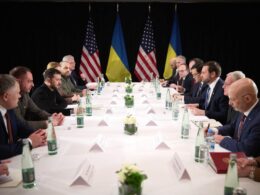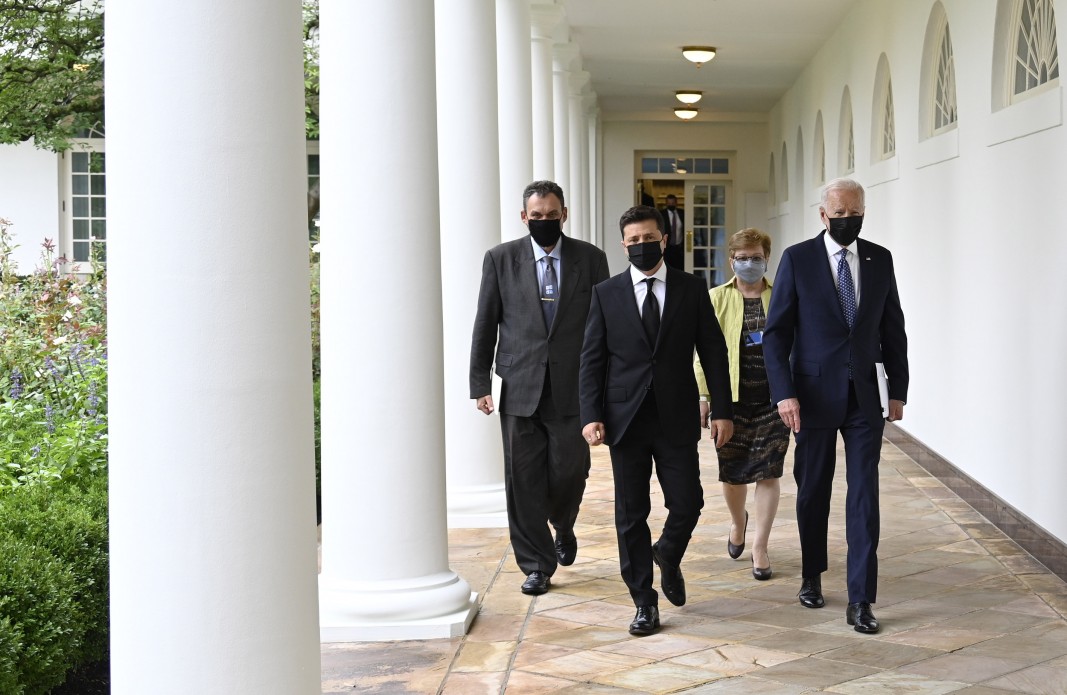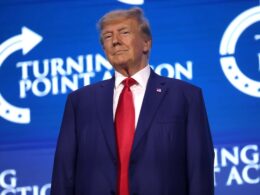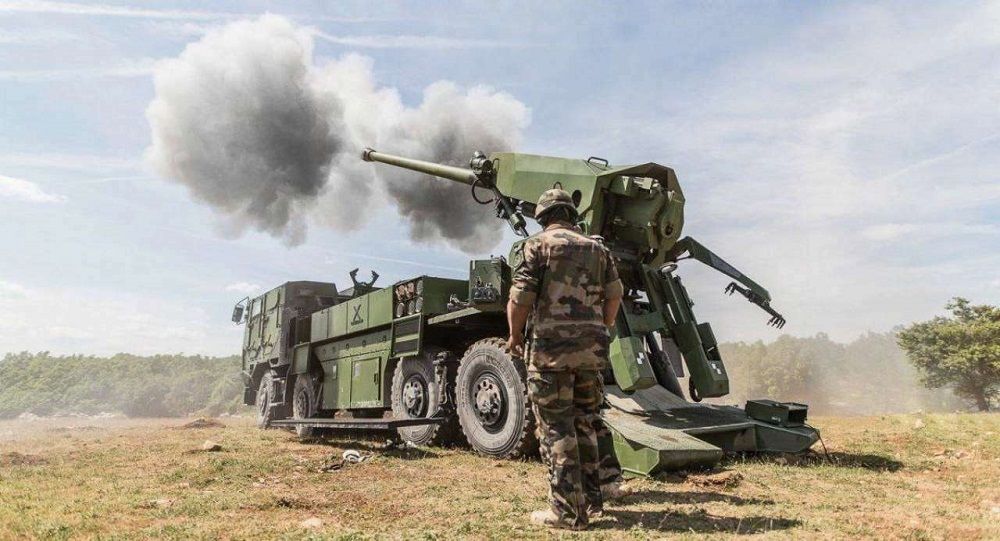A nearly nine-year-old war – a war that has already lasted nearly as long as WW1 and WW2 combined - is about to become “protracted.” Starting 20 February 2014, the war is presently only 540 days shy of surpassing the two in duration.
The war became protracted years ago. The Russian strategy was always long-term and its attempted “Blitzkrieg” in February was the exemption, not the rule. The strategy has long reverted to its original long-term effort believing that Russia can outlast the Western short-term attention span, its perceived lack of resilience as winter is taking grip and frustration spreads among European and US voters.
The western strategy has helped ensure that it remains a protracted war:
- Firstly, due to 8 years of inaction, refusing Ukraine to rebuild deterrence.
- Secondly, by keeping all military options off the table, leaving Ukraine vulnerable to threats from Air and Sea.
- Thirdly, by refusing Ukraine the tools it needs to defeat Russia.
- Fourthly, for failing to strengthen its own military capabilities and sustainability when the war started in 2014.
- And lastly, for failing to acknowledge that Europe is exposed to a Russian Hybrid War and that Ukraine is defending European security, stability, and prosperity.
"War is always a human tragedy, and the war in Ukraine is no exception. The ripple effects of the conflict are extending human suffering far beyond its borders. The war, in all its dimensions, has exacerbated a global cost-of-living crisis unseen in at least a generation, compromising lives, livelihoods, and our aspirations for a better world by 2030.” These are not my words, but those of the UN report “Global impact of the war in Ukraine.” I have, however, pushed the message since 2018.
NATO has all the means needed to end the war within weeks
rather than years.
Russia’s war with Ukraine affects billions. NATO could end it in a moment.
The discussion about the need for a NATO intervention in Ukraine – according to its late strategic concept and the UN Responsible to Protect doctrine – has become a “black or white,” “on/off” debate due to the strategic messaging by the Head of States.
The key message is that if the Alliance intervenes, the war will escalate into a broader confrontation. The risk of nuclear war and World War 3 is a part of the messaging.
“I don’t see Putin using nuclear weapons” – military strategist Lawrence Freedman
During the first 8 years of the war, they argued against supplying arms to Ukraine for fears of escalation. After the war escalated (due to the lack of arms support and, consequently, the lack of deterrence), they argued against long-range strike capacity and “boots on the ground” for fears of escalation.
Fear has, unfortunately, stopped all attempts at an educated debate.
I have consistently argued that:
- The logic behind the previous NATO strategic concept is still valid. Russian aggression in Ukraine, triggering a “tsunami of ripple effects” is very much affecting Alliance security. Crisis management and active engagement are very much needed “to stop ongoing conflicts where they affect Alliance security.”
- Military intervention is the only responsible way forward to both stop the suffering and destruction in Ukraine as well as the global consequences of the war, as Ukraine lacks the tools needed to end the war anytime soon.
- Military intervention does not trigger a nuclear confrontation as it would be focused on defending Ukraine, not attacking Russia. An intervention, therefore, does not fall in under its nuclear doctrine. I have argued that a NATO intervention in Ukraine would prevent the nuclear disaster we are fearing.
- Military intervention does not automatically mean warfighting. “Boots on the ground” alone presents Russia with a huge dilemma. Engaging NATO forces on land, in the air, or at sea would trigger the war Russia has been desperately trying to avoid for nearly 9 years.
- Russian use of nuclear arms in Ukraine is for a number of reasons extremely unlikely, stressing the crucial importance of countering the Russian nuclear “fait accompli” strategy to avoid future wars.
- The costs of a prolonged war – and therefore – prolonged ripple effects, far outweigh the costs of military intervention. The political landscape in the USA and Europe will most likely change dramatically due to the increasing frustration of voters for escalating costs of living, inflation, interest rate increase, recession, and more. This might have a long-term impact on both NATO and EU unity.
Why a humanitarian intervention in Ukraine is in NATO’s interest
If NATO was to agree with the assessment
of the European Parliament from 16 September 2021 which stated that the European member states (most of which also are members of NATO) are exposed to a Russian Hybrid War – listing many transgressions substantiating the claim – it would be forced to acknowledge that the Alliance has been under attack for years already, triggering collective defense.
NATO has instead declared that
“the Euro-Atlantic area is not at peace. The Russian Federation’s brutal war of aggression against Ukraine has shattered peace in Europe. Russia has violated the norms and principles that contributed to a stable and predictable European security.”
The NATO strategy has allowed Russia freedom of action to wage war in Europe. European security and stability are at stake.
Until now, it has been defended by Ukraine. The West, therefore, needs to pay attention when both President Zelenskyy, General Zaluzhnyi, and General Oleksandr Syrskyi, Commander of the Ground Forces, warn about several critical months ahead.
The Commander of the Ground Forces argues that President Putin’s partial mobilization can work and that reasonably well-prepared soldiers
are now appearing en masse all along the eastern frontlines. According to Commander-in-Chief of the Armed Forces of Ukraine, General Zaluzhnyi, Russia is preparing about 200,000 new soldiers for a new offensive, which is more than during the initial assault in February. Additionally, he assesses Russia to have a reserve of 1.2-1.5 million soldiers.
“It is not true that their problems are so dire that these people will not fight. They will,” Zaluzhnyi says.
The assessment is supported by General Syrskyi.
"The Russians aren’t idiots. They aren’t weak. Anyone who underestimates them is headed for defeat," Syrskyi says.
When the two greatest western experts tell us that the speed of ammunition replenishment is crucial, that Ukraine is running out of munitions for defense systems, and that keeping up Ukraine’s arms supplies is a more pressing worry than the number of Russian soldiers posed along the frontline for a new offensive, NATO needs to pay attention.
The members of the Ukraine Defence Contact Group are neither providing enough nor all the tools needed to help Ukraine solve NATO’s primary mission: defend the security and stability of its member states.
If the logistics fail, Ukraine runs the risk of failing as well. This is not the time for complacency or taking victory for granted. Especially when Russia still believes victory is within reach and doing everything in its power to succeed.
The West cannot possibly win by doing a little bit of what is needed. Ukraine cannot be saved if lost.
NATO needs to trust the most competent and experienced military commander in Europe when he says he needs 300 tanks, approximately 700 infantry fighting vehicles, and 500 howitzers to reach the border. They need ammunition. The population urgently needs air defense. Ukraine needs, not least, long-distance fire.
Ukraine needs NATO to intervene in Ukraine to change the military balance in theatre, forcing Russia to take one step back and reassess the new situation.





